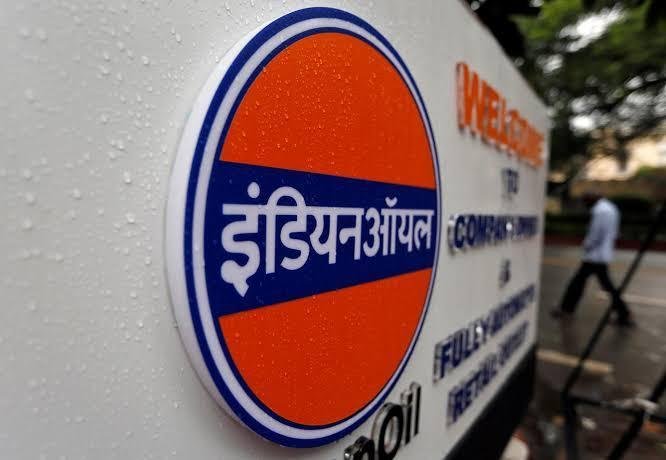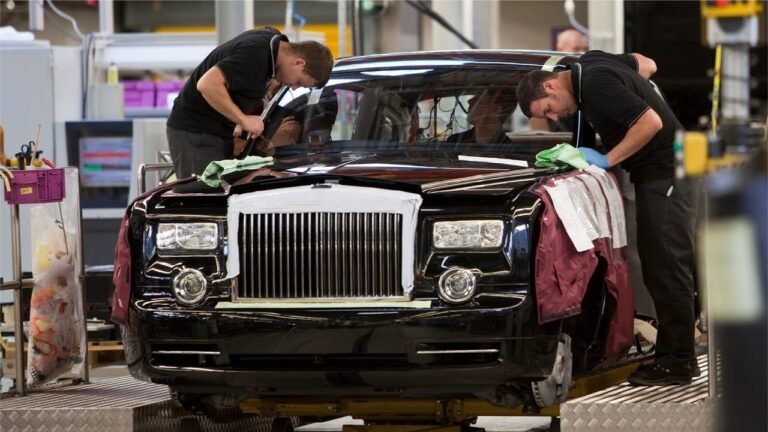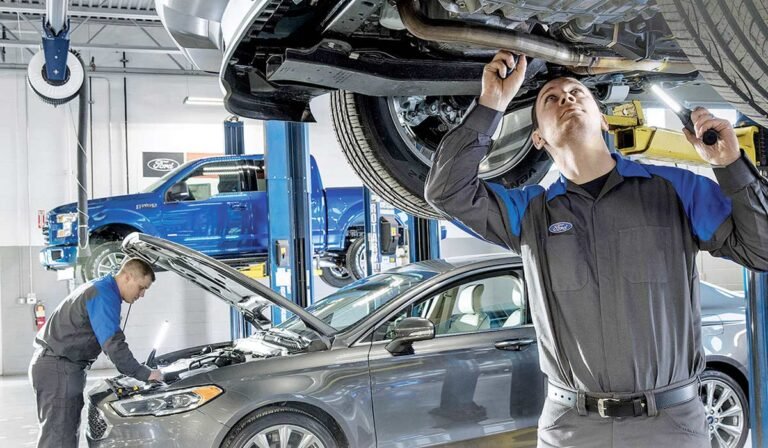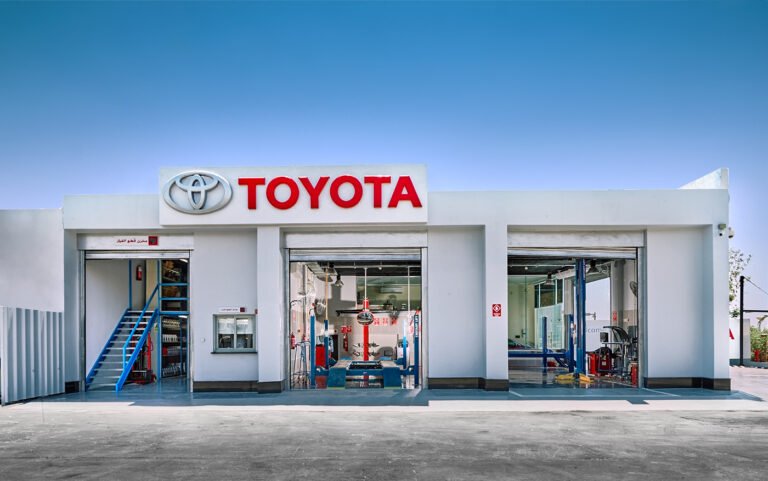The Ultimate Guide To Understanding Car Servicing Cost
Welcome to the Ultimate Guide to Understanding Car Servicing Cost! As a car owner, you’re probably familiar with the regular maintenance and occasional repairs required to keep your vehicle running smoothly. But have you ever wondered about the average cost of these services? Or maybe you’re curious about different types of car maintenance and their associated costs. In this comprehensive guide, we’ll delve into all things related to service car price. We’ll explore factors that can affect these expenses, provide tips for budgeting for maintenance and repairs. Discuss whether it’s better to choose a dealership or an independent garage for your needs, and even break down common car maintenance tasks along with their typical cost for car service.
Whether you’re a first-time car owner or simply want to gain a deeper understanding of what goes into keeping your vehicle in top shape, this guide is here to help. So, buckle up as we take a deep dive into the world of car servicing cost!
Average Cost Of Car Maintenance And Repairs
When it comes to car maintenance and repairs, the cost can vary greatly depending on several factors. On average, car owners can expect to spend around $500 to $700 per year for routine maintenance alone. This includes services such as oil changes, filter replacements, tire rotations, and fluid top-ups.
For more extensive repairs or component replacements, costs can escalate significantly. A major repair like an engine overhaul or transmission replacement can set you back anywhere from $1,000 to $4,000 or more. And if your vehicle requires specialized parts or labor-intensive work, the expenses can climb even higher.
It’s important to note that these figures are just averages and actual costs may differ based on various factors such as the make and model of your vehicle, location (as prices may vary between urban and rural areas), the reputation of the service center you choose, and whether you opt for original equipment manufacturer (OEM) parts or aftermarket alternatives.
Remember that these numbers are meant to provide a general idea of what you might expect in terms of car maintenance and repair costs. The specific needs of your vehicle will ultimately determine how much you’ll need to budget for keeping it in optimal condition.

Types Of Car Maintenance And Associated Costs
Car maintenance is an essential part of owning a car. Regular upkeep and servicing can help keep your vehicle running smoothly and prevent costly repairs down the line. However, it’s important to understand the different types of car maintenance and their associated costs.
1. Routine Maintenance: This includes basic tasks like oil changes, filter replacements, tire rotations, and brake inspections. These services are typically performed at regular intervals specified by the manufacturer or based on mileage. The full service car cost for routine maintenance can vary depending on factors. Such as the make and model of your car, location, and labor rates.
2. Preventive Maintenance: This involves proactive steps to prevent potential problems before they occur. Examples include coolant flushes, transmission fluid changes, spark plug replacements, and timing belt inspections/replacements. The cost for preventive maintenance can vary widely depending on the specific service required.
3. Repairs: When something goes wrong with your car that requires fixing or replacing parts, you’ll need to factor in repair costs. Common repairs include fixing electrical issues, replacing worn-out brakes or suspension components, repairing engine problems or leaks etc. Repair costs can range from minor fixes to major overhauls depending on the severity of the issue and any additional parts needed.
Understanding these types of car maintenance will give you a better idea of what to expect when it comes to associated costs for keeping your vehicle in good condition!
Factors Affecting Car Maintenance And Repairs
When it comes to car servicing cost, there are several factors that can influence the overall price. The make and model of your vehicle play a significant role. Luxury or imported cars often require specialized parts and expertise, which can increase the cost of servicing. On the other hand, older vehicles may require more frequent maintenance due to wear and tear.
Another factor to consider is the type of service required. Basic maintenance tasks like oil changes and tire rotations tend to be more affordable compared to complex repairs such as engine overhauls or transmission replacements. Additionally, labor costs can vary depending on where you take your car for servicing. Dealerships typically charge higher rates than independent garages.
Geography can impact pricing as well. In urban areas with a high cost of living, car servicing cost may be higher due to increased overhead expenses for businesses.
Tips For Budgeting For Car Maintenance And Repairs
One of the most important aspects of car ownership is budgeting for regular maintenance and repairs. By planning ahead and setting aside money specifically for these expenses, you can avoid any financial surprises down the road. Here are some tips to help you budget effectively.
It’s essential to have a clear understanding of your car’s recommended maintenance schedule. This will give you an idea of when certain services. Such as oil changes or tire rotations, will be needed and how much they typically cost. Create a calendar or reminder system to stay on top of these tasks.
Next, consider setting up a dedicated savings account solely for car-related expenses. By depositing a fixed amount each month into this account. You’ll build up a fund that can be used when unexpected repairs arise. It’s also wise to research local car repair shops near me and compare prices so that you know where to go for quality service at reasonable rates.
Don’t forget about additional costs like insurance deductibles or roadside assistance memberships. These should also factor into your overall budgeting plan. Remember that preventive maintenance is key in avoiding more expensive repairs down the line. So, investing in routine care now can save you money in the long run.
Average Service Car price
When it comes to repairs service car price, the cost can vary depending on the specific service needed. On average, basic routine maintenance such as oil changes and tire rotations can range from $50 to $100. Replacing worn-out parts like brake pads or spark plugs may cost anywhere from $200 to $500. For more major repairs like engine or transmission replacements, you can expect prices upwards of $1,000 or more. Remember that these are just averages service car price and costs will vary depending on factors. Such as location and vehicle make and model.
Interim Service Car price
When it comes to an interim service Car Price, several factors come into play. The type and age of your vehicle, as well as any additional services required, will affect the overall price. It’s important to consult with a trusted car mechanic near by or dealership to get an accurate estimate for this essential maintenance task.
Full Service Car Price
A full service Car Price is a comprehensive maintenance package for your car. Covering everything from oil changes to checking the brakes and suspension. The cost of a full service can vary depending on factors like the make and model of your vehicle. As well as any additional repairs or replacements needed.
Average Cost For Car Service
When it comes to car maintenance, the average cost for car service vary depending on several factors. On average, routine maintenance expenses for a car can range from $500 to $700 per year. This includes regular services like oil changes, filter replacements, and tire rotations.
However, it’s important to note that the cost for car service can differ based on your vehicle’s make and model, as well as its age and mileage. Older cars or luxury vehicles may require more frequent repairs or have higher parts costs. Additionally, if you live in an area with harsh weather conditions or rough road surfaces. You might need to budget for additional maintenance such as wheel alignments or suspension repairs.
Understanding this average cost for car service is essential for budgeting purposes so that you’re prepared for routine upkeep without any surprises along the way. Keep reading to discover how different factors affect service costs and practical tips on saving money while keeping your vehicle in tip-top shape!

Factors Affecting Cost For Car Service
There are several factors that can impact the cost for car service. One major factor is the type and age of your vehicle. Older cars often require more frequent maintenance and may have higher repair costs due to worn-out parts.
Another factor to consider is the severity of the issue. Simple repairs like oil changes or tire rotations tend to be more affordable compared to complex engine repairs or transmission replacements.
Additionally, where you live can affect cost for car service. Labor rates vary across different regions, so it’s important to research local prices before scheduling any repairs.
Dealership vs. independent mechanic also plays a role in pricing. Dealerships usually charge higher rates for their services but may offer specialized expertise for certain brands or models.
Understanding these factors can help you anticipate and budget of cost for car service expenses in order to keep your vehicle running smoothly without breaking the bank.
Choosing Between Dealership And Independent Garage For Repairs
When it comes to getting your car repaired, one important decision you’ll have to make is whether to take it to a dealership or an independent garage. Each option has its pros and cons, so let’s break it down.
Dealerships are the official service centers for specific car brands. They have access to all the manufacturer’s resources and tools. As well as highly trained technicians who specialize in their particular brand. This means they are often more knowledgeable about your vehicle and can provide precise diagnostics and repairs. However, dealership repairs tend to be more expensive due to higher labor costs and the use of genuine parts.
On the other hand, independent garages may offer lower prices for similar services because they don’t have the same overhead expenses as dealerships. They also often work on multiple car brands, so they can handle a wider variety of vehicles. However, their technicians may not have specialized training in specific brands and might rely on aftermarket parts instead of OEM ones.
Choosing between a dealership and an independent nearest car garage depends on your priorities – if brand expertise is crucial or you’re covered by warranty, go with the dealership; if cost savings are paramount or you own an older vehicle outside of warranty period consider an independent garage.
Common Car Maintenance Tasks And Their Costs
When it comes to car maintenance, there are certain tasks that are more common than others. These tasks not only help keep your vehicle running smoothly but also prevent costly repairs down the line. One of the most common maintenance tasks is an oil change. Which typically costs between $20 and $50 depending on the type of oil used and where you get it done.
Another essential task is replacing air filters, which helps ensure clean air circulation in your car’s cabin. The cost for a new air filter ranges from $10 to $30, depending on the make and model of your vehicle. Tire rotation is another important task that helps promote even tire wear and extends their lifespan. This service usually costs around $20 to $50.
Other common maintenance tasks include brake pad replacement ($100-$300), battery repair ($100-$200), spark plug replacement ($80-$150), and coolant flushes ($70-$120). It’s important to note that these costs can vary based on factors. Such as location, vehicle make/model, and labor charges at different service centers.
Regularly performing these routine maintenance tasks will not only prolong the life of your vehicle. But also save you money by preventing major breakdowns or expensive repairs in the future.
How Often Should You Schedule Car Maintenance?
When it comes to car maintenance, one important question that often arises is how frequently should you schedule servicing car Delhi for your vehicle? The answer depends on several factors, including the make and model of your car, its age, and your driving habits. However, a general guideline recommended by most experts is to have your car serviced every 6 months or every 5,000-7,500 miles.
Regular maintenance tasks such as oil changes and filter replacements are typically performed at these intervals to ensure optimal performance and longevity of your vehicle. Additionally, routine inspections of components like brakes, tires, belts, and fluids should be conducted regularly.
It’s worth noting that some manufacturers provide specific guidelines for their vehicles regarding maintenance schedules. These guidelines can usually be found in the owner’s manual or on the manufacturer’s website. Adhering to these recommendations can help preserve warranties and prevent potential issues down the line. Ultimately though, it’s best to consult with a trusted mechanic who can assess your individual driving needs and provide tailored advice on when to schedule regular maintenance for your specific car model.
Ways To Reduce Car Maintenance Costs
1. Regular Maintenance: One of the best ways to reduce car maintenance costs is by staying on top of regular maintenance tasks. This includes oil changes, tire rotations, and filter replacements. By following your vehicle’s recommended maintenance schedule, you can prevent small issues from turning into costly repairs.
2. DIY Repairs: If you have some mechanical knowledge and access to basic tools, consider doing certain repairs yourself. Simple tasks like replacing wiper blades or a blown fuse can be done at home with minimal cost. However, it’s important to know your limits and avoid attempting complex repairs that could potentially cause more damage.
3. Comparison Shopping: When it comes time for larger repairs or servicing jobs, don’t hesitate to shop around for the best price. Get quotes from multiple mechanics or garages before making a decision. Additionally, consider using aftermarket parts instead of original equipment manufacturer (OEM) parts if they meet quality standards – they are often more affordable without sacrificing performance.
By implementing these strategies, you can keep car maintenance costs in check while still ensuring the longevity and reliability of your vehicle.
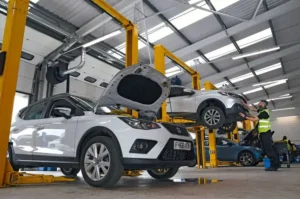
Additional Resources And Related Articles
Car servicing cost can vary depending on several factors but understanding the average cost of car breakdown maintenance and repairs. As well as the different types of car maintenance tasks and their associated costs, can help you budget accordingly. By considering factors such as your vehicle’s make and model, age, mileage, and location. You can get a better idea of what to expect when it comes to servicing expenses.
To reduce car maintenance costs, there are several strategies you can implement. Regularly scheduled preventive maintenance is crucial in preventing costly repairs down the line. It’s also important to choose between a dealership or an independent garage for repairs based on your specific needs.
By taking proactive measures like keeping up with routine oil changes, tire rotations, air filter replacements, and brake inspections. You’ll not only keep your vehicle running smoothly but also potentially avoid more expensive repairs in the future. Additionally
Summary Of Car Servicing Cost
When it comes to car servicing cost it’s important to consider both routine maintenance and unexpected repairs. Budgeting for these expenses is crucial, as they can vary depending on the brand and type of vehicle you own. Comparing costs between dealerships and independent garages is also a smart move. By understanding the factors that affect car servicing cost and taking proactive steps to prepare for them. you can ensure your vehicle stays in top shape without breaking the bank.




